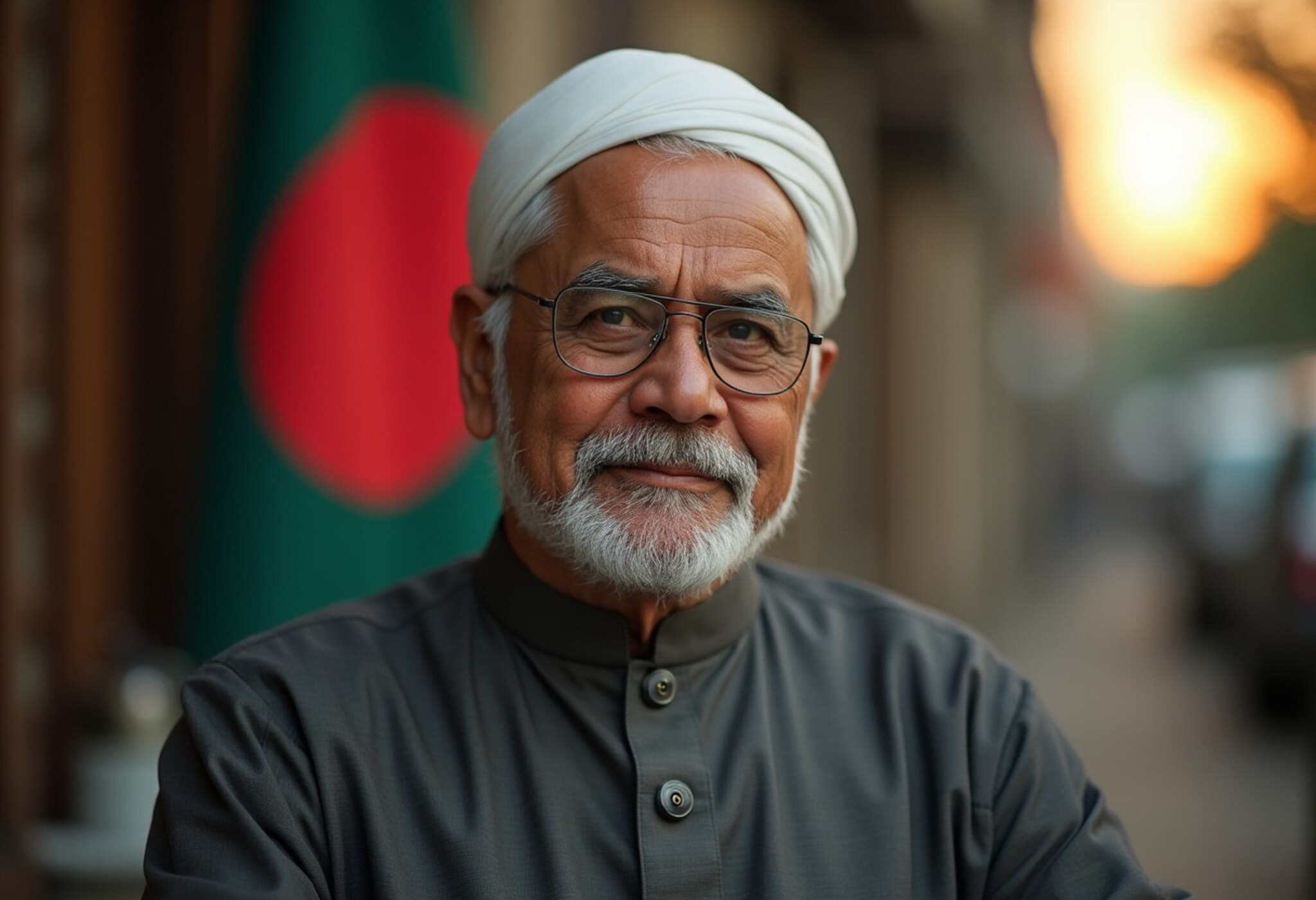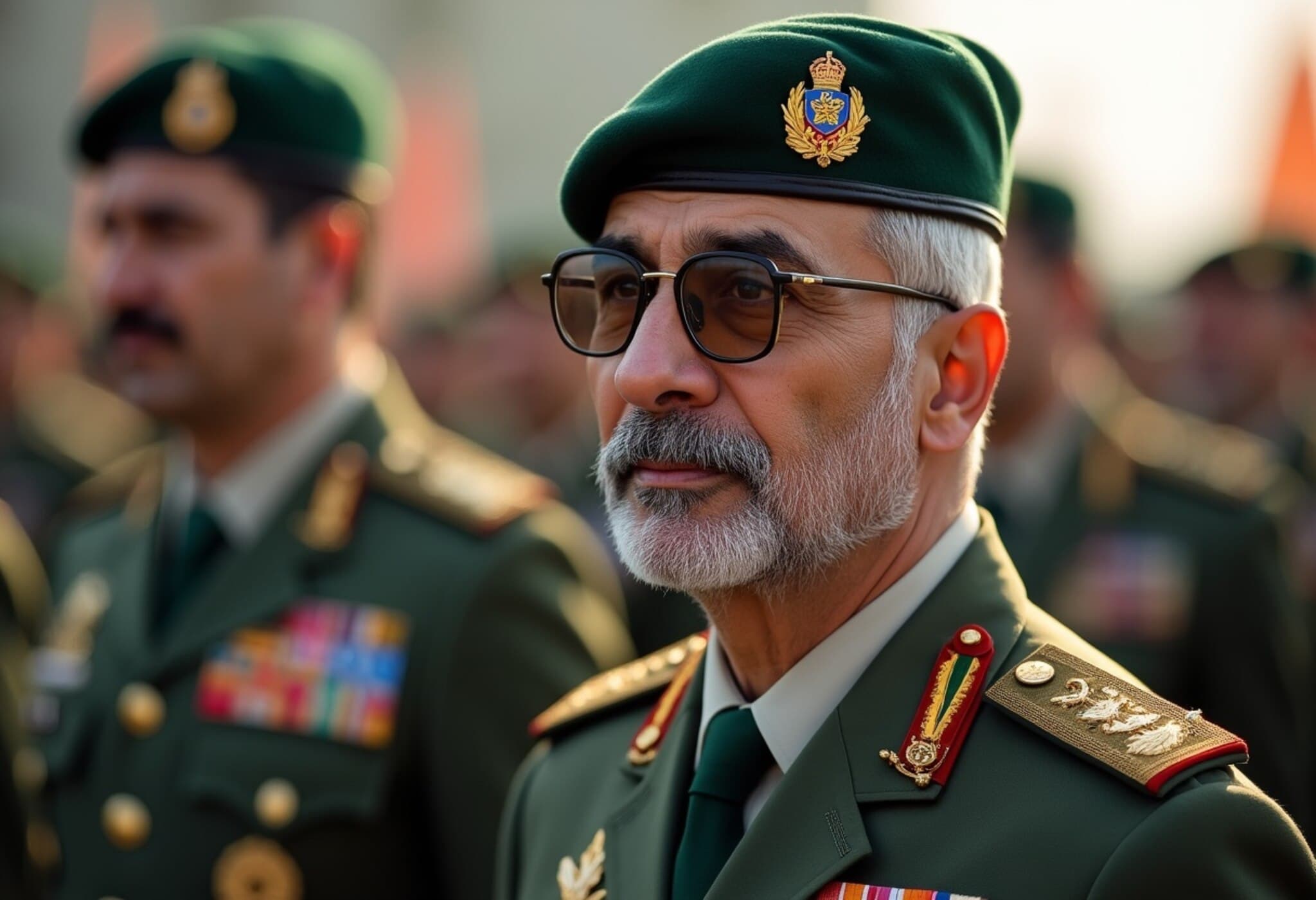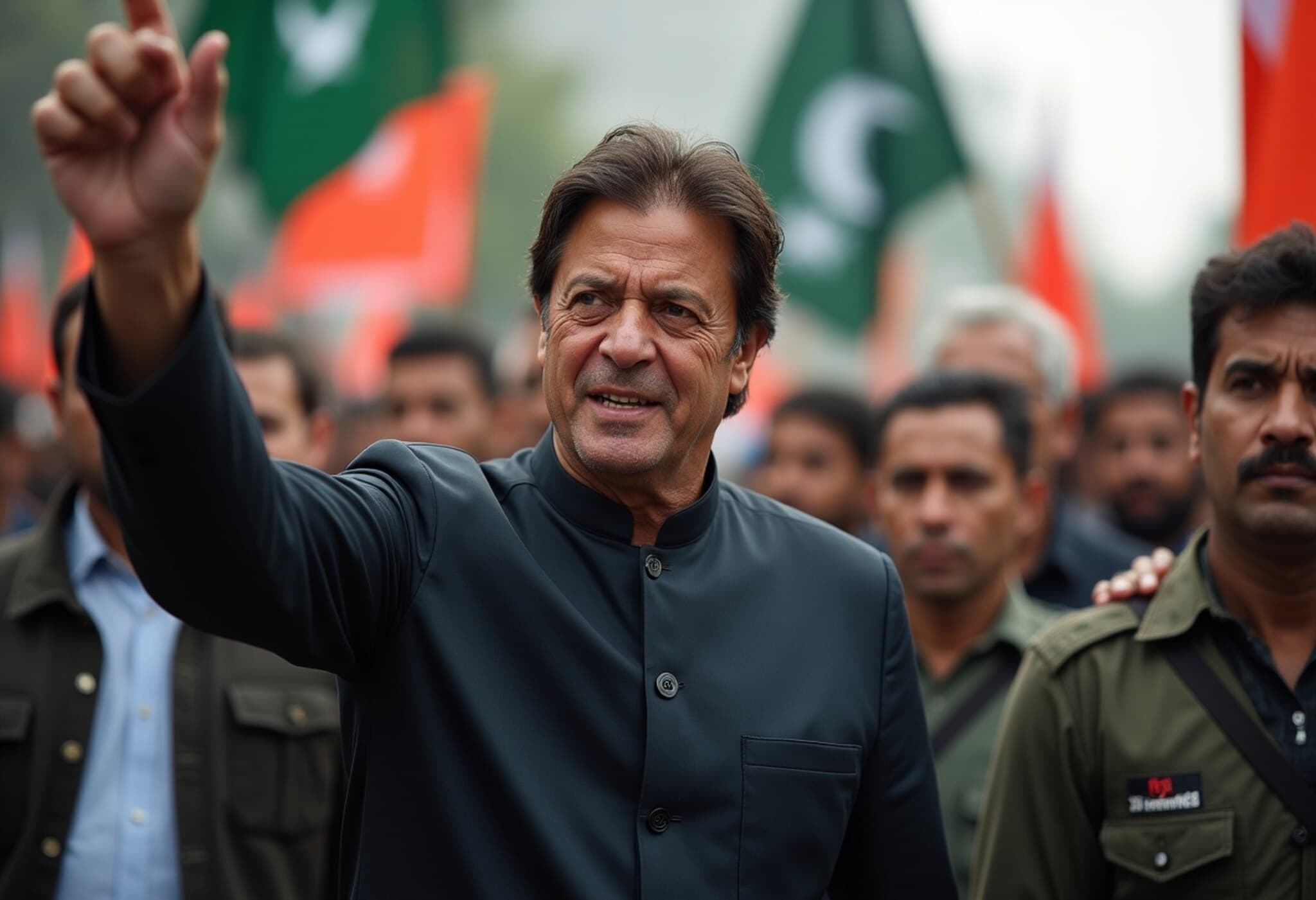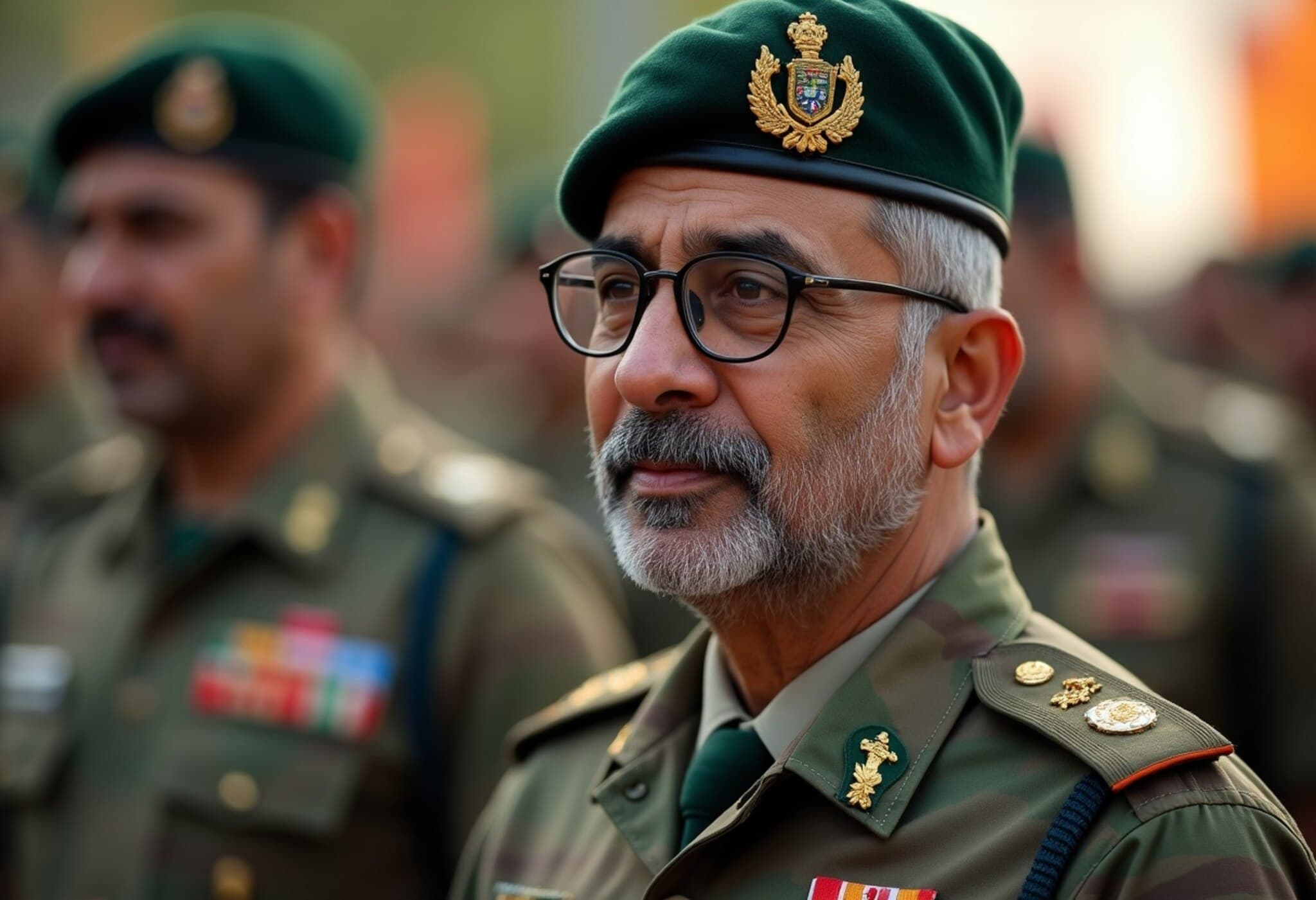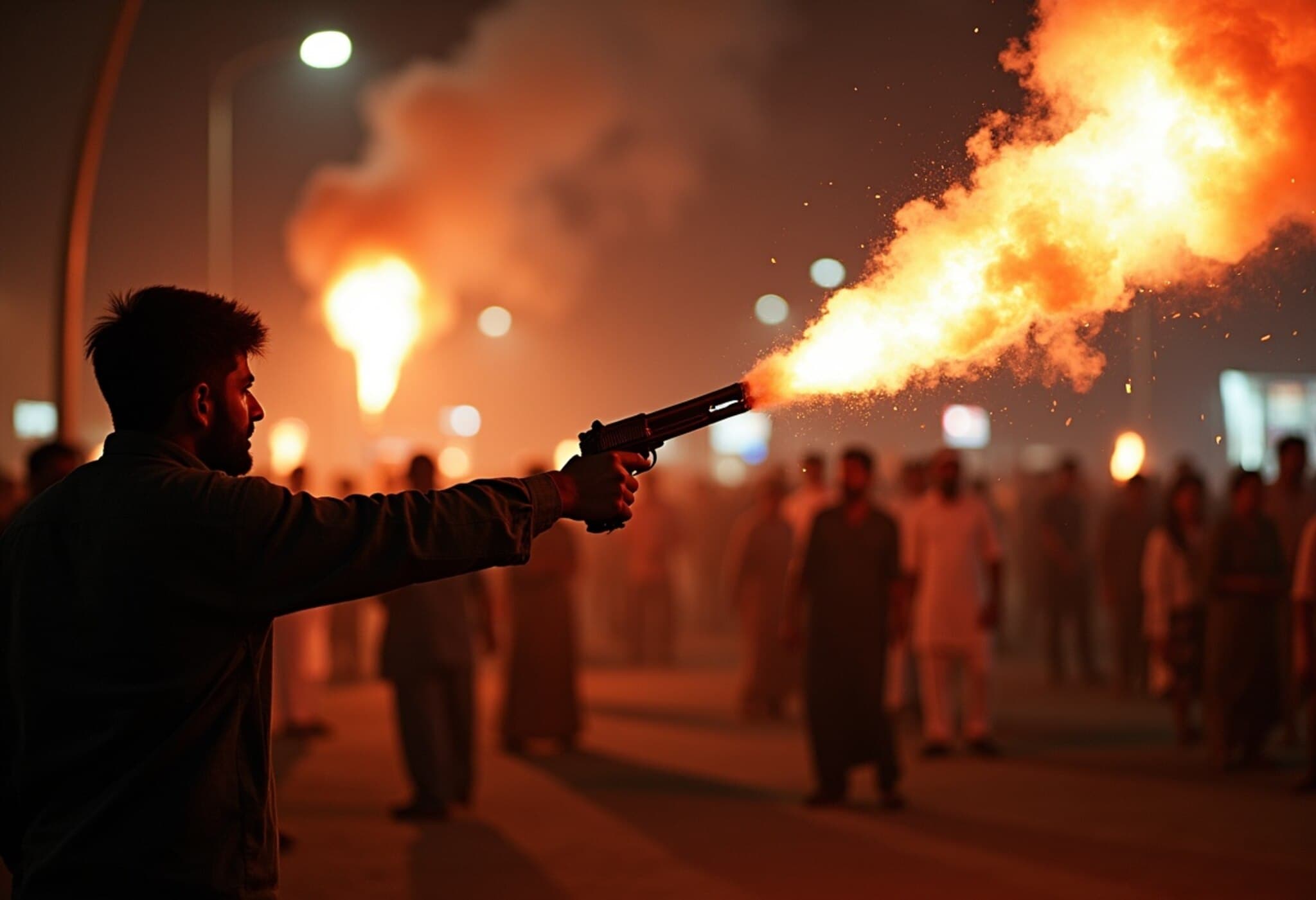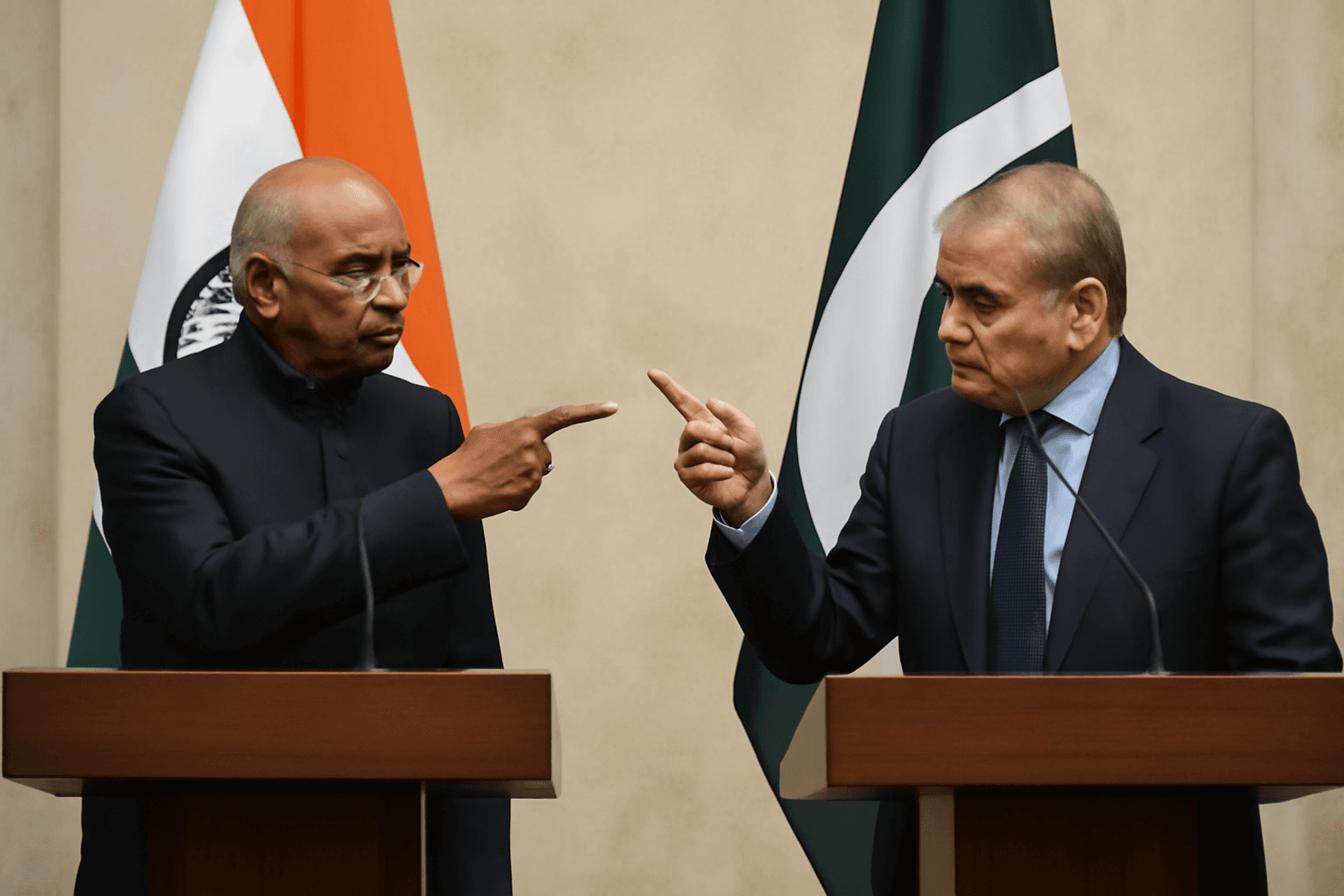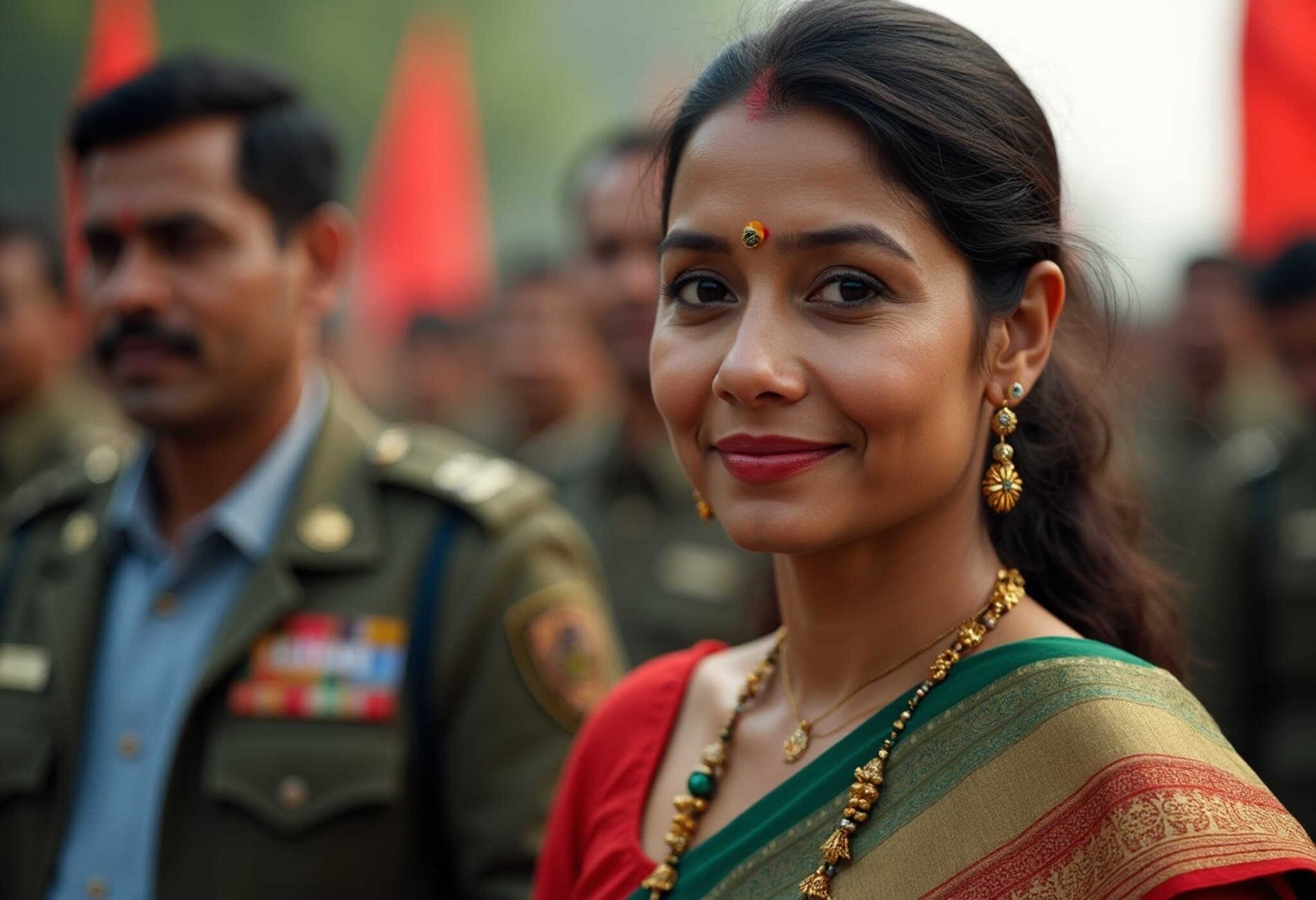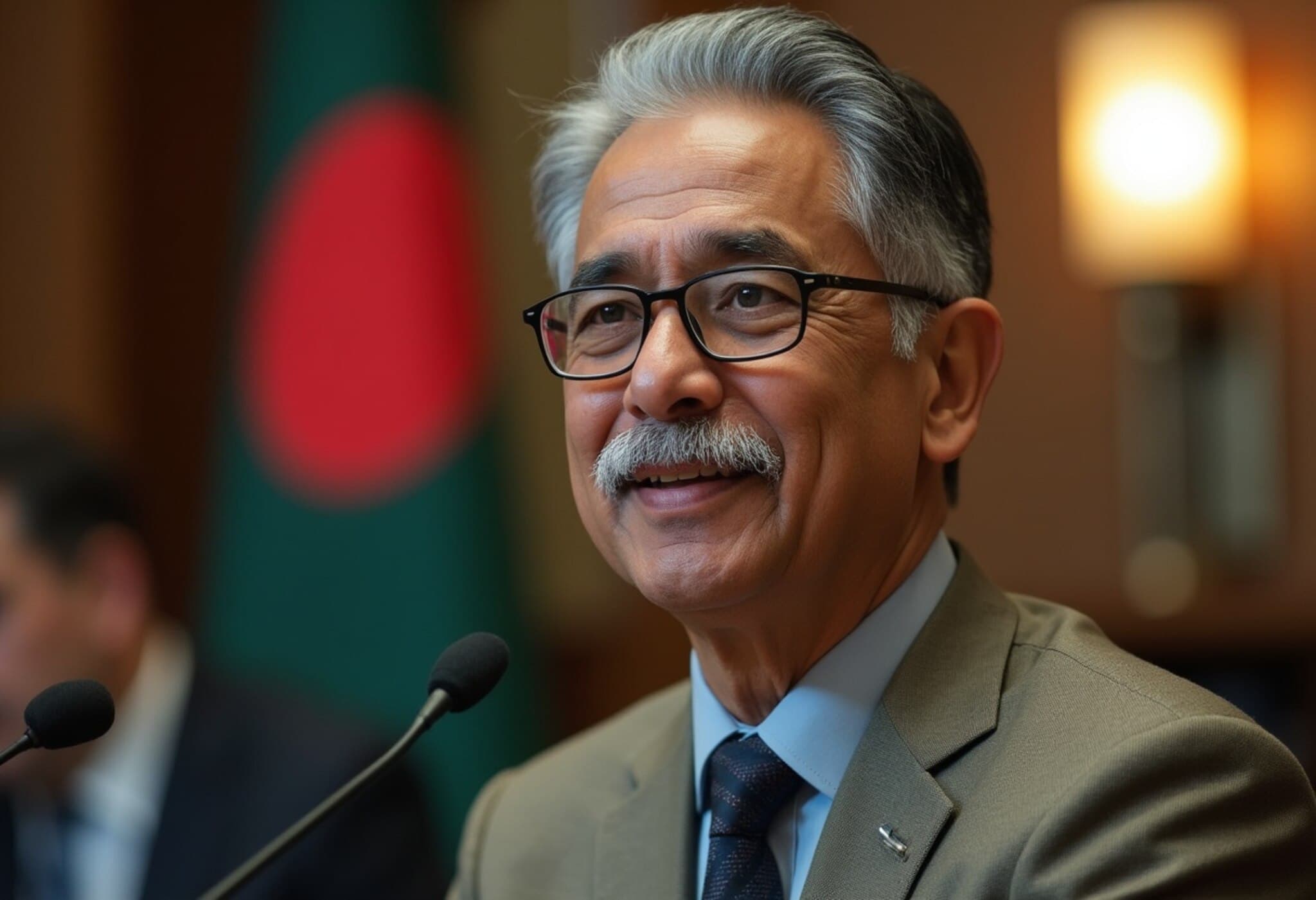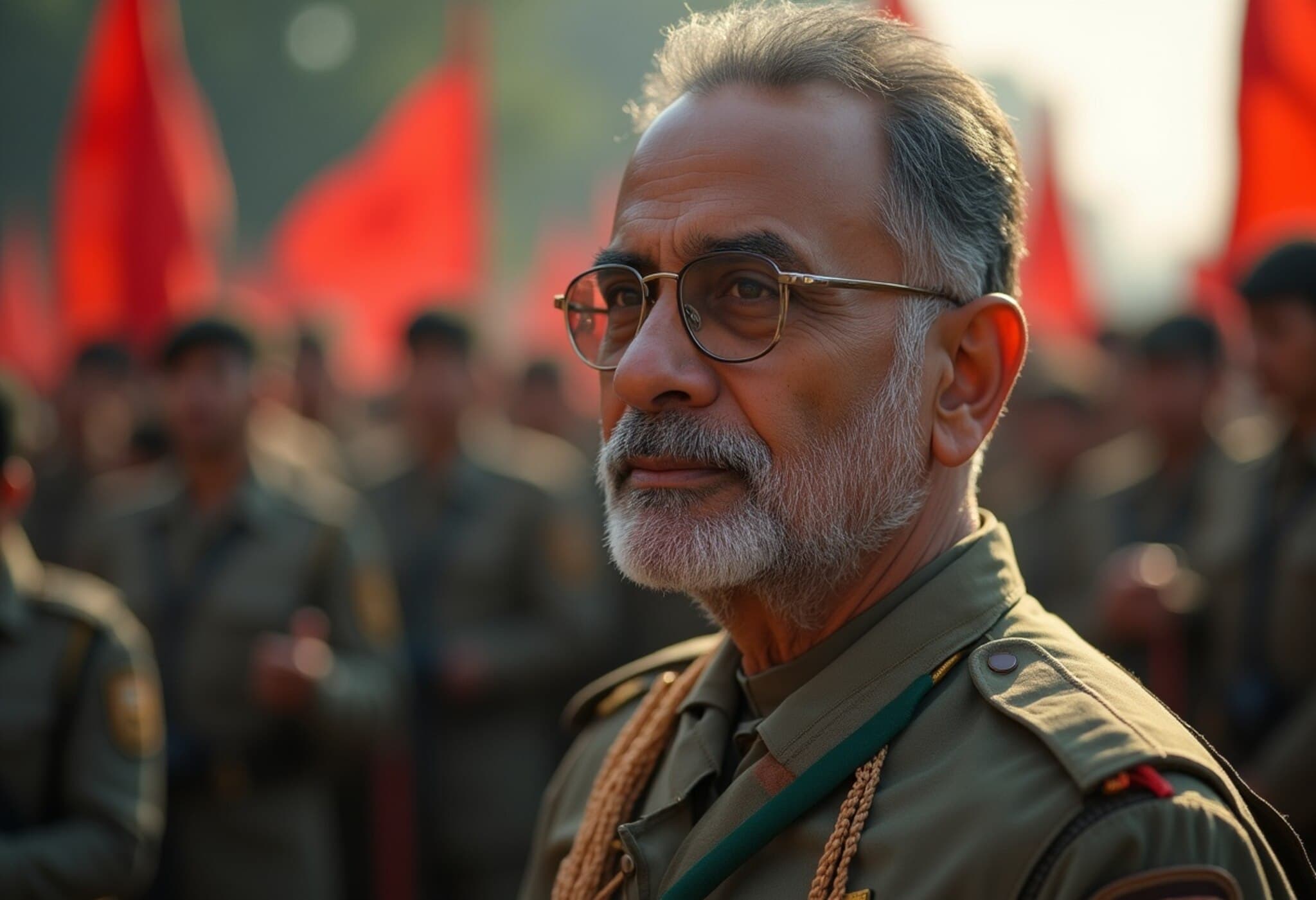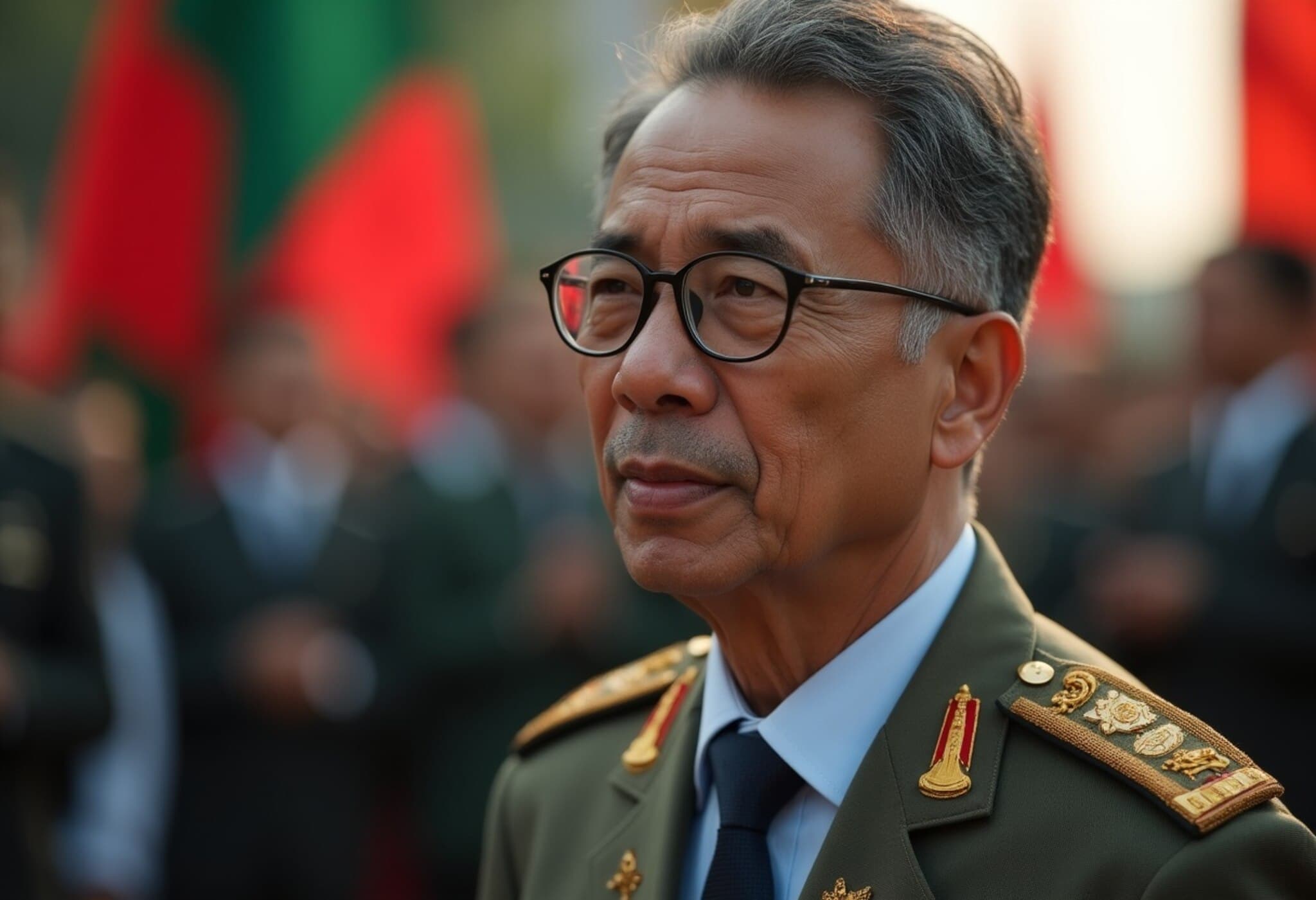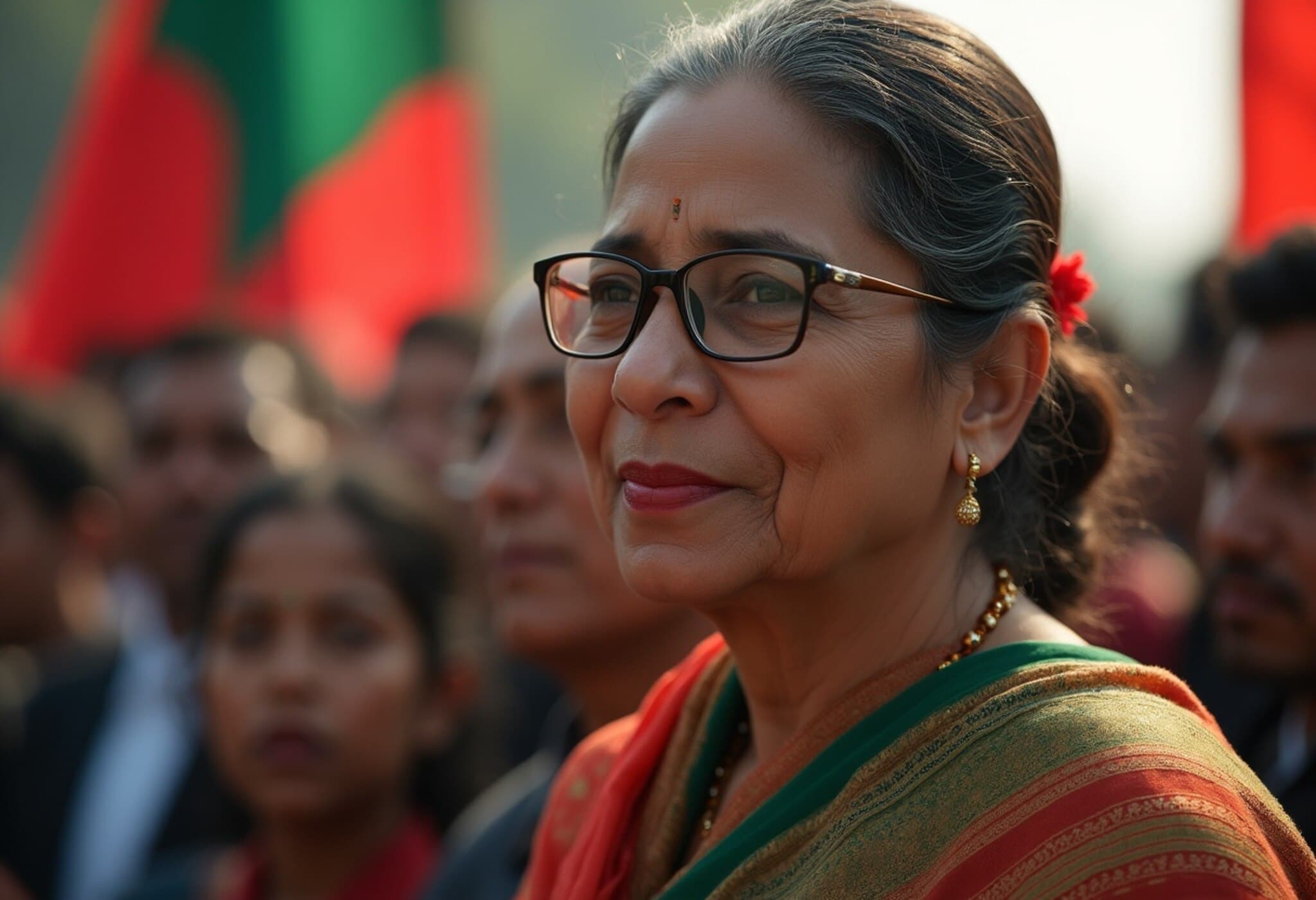Bangladesh Sets February 2026 for General Elections Ahead of Ramadan
In a significant development for Bangladesh’s political landscape, Muhammad Yunus, the country’s interim Chief Adviser and Nobel laureate, has announced that the next general elections will take place in February 2026, just before the holy month of Ramadan. This announcement was made during his televised address to the nation on the first anniversary of the mass uprising that led to the ousting of former Prime Minister Sheikh Hasina.
Election Timeline Shift Following Consultations
Originally, Yunus had hinted at an April timeline for the elections. However, after extensive dialogue with major political factions—including the Bangladesh Nationalist Party (BNP) headed by former PM Khaleda Zia—February was chosen as the optimal month. The interim government aims to foster an election environment marked by peace, high voter turnout, and widespread public celebration.
- Key statement from Yunus: "We will begin institutional preparations immediately to ensure this election is memorable for its joy, order, and inclusiveness."
- The interim leadership has specifically urged political parties to incorporate the voices of youth and women in their manifestos and future governance plans, emphasizing the transformative role these groups play.
Unveiling the July Declaration: A Call for Comprehensive Reform
Earlier the same day, the interim government released the July Declaration, a 26-point document calling for sweeping reforms in governance, constitutional law, and political processes. Presented at the Bangladesh Parliament Complex, the declaration featured participation from leaders of major political entities including BNP, Jamaat-e-Islami, and the newly established National Citizen Party (NCP).
The document critiques the original 1972 Constitution for its structural deficiencies and alleges that the previous Awami League government, led by Sheikh Hasina, failed to realize the aspirations of the Bangladeshi people. The declaration accuses her administration of authoritarian practices, stating it turned the country into a "fascist, mafia, and failed state," tarnishing Bangladesh’s international reputation.
Significantly, the declaration calls for official recognition of the 2024 uprising and proposes the inclusion of this historic document in a reformed constitution, signaling a potential constitutional overhaul.
Public Celebrations Amid Heightened Security Measures
Marking the anniversary of Sheikh Hasina’s ouster, tens of thousands gathered at Dhaka’s Manik Mia Avenue to celebrate. The government declared a national holiday and placed Dhaka on high security alert, with increased police patrols and checkpoints especially around sensitive zones.
It is notable that Sheikh Hasina, who ruled Bangladesh for 15 years, fled to India amid mass protests last August. The interim administration has since banned her party, the Awami League, revoking its registration and effectively barring it from participating in upcoming elections unless the ban is lifted.
Human Rights Watch Raises Concerns on Interim Government’s Record
While the political transition marks a critical moment in Bangladeshi history, Human Rights Watch (HRW) has expressed apprehension over the interim government's human rights commitments. Meenakshi Ganguly, HRW’s Deputy Asia Director, highlighted the unfulfilled hopes of many citizens who sought a democratic, rights-respecting regime following the uprising. She cautioned that the interim government faces immense challenges balancing security reforms with pressures from various political factions and hardline elements.
Context and Regional Implications
Bangladesh’s political upheaval and planned elections come at a delicate time in the region. August also marks the anniversary of the assassination of Sheikh Mujibur Rahman, Bangladesh’s founding father and father of Sheikh Hasina, a poignant reminder of the country's turbulent political history. The February 2026 elections will not only test Bangladesh’s democratic resilience but may also impact regional stability and international relations, notably involving India and neighboring states.
Editor’s Note
The announcement by Muhammad Yunus signals a pivotal moment for Bangladesh as it navigates a fragile transition toward renewed democracy. The February 2026 election timeline and the July Declaration lay the groundwork for potential reforms but also raise questions about inclusivity, governance, and human rights safeguards. Observers and citizens alike will be watching closely whether these initiatives truly herald a new chapter for Bangladesh or if entrenched challenges continue to shadow the nation’s political evolution.

